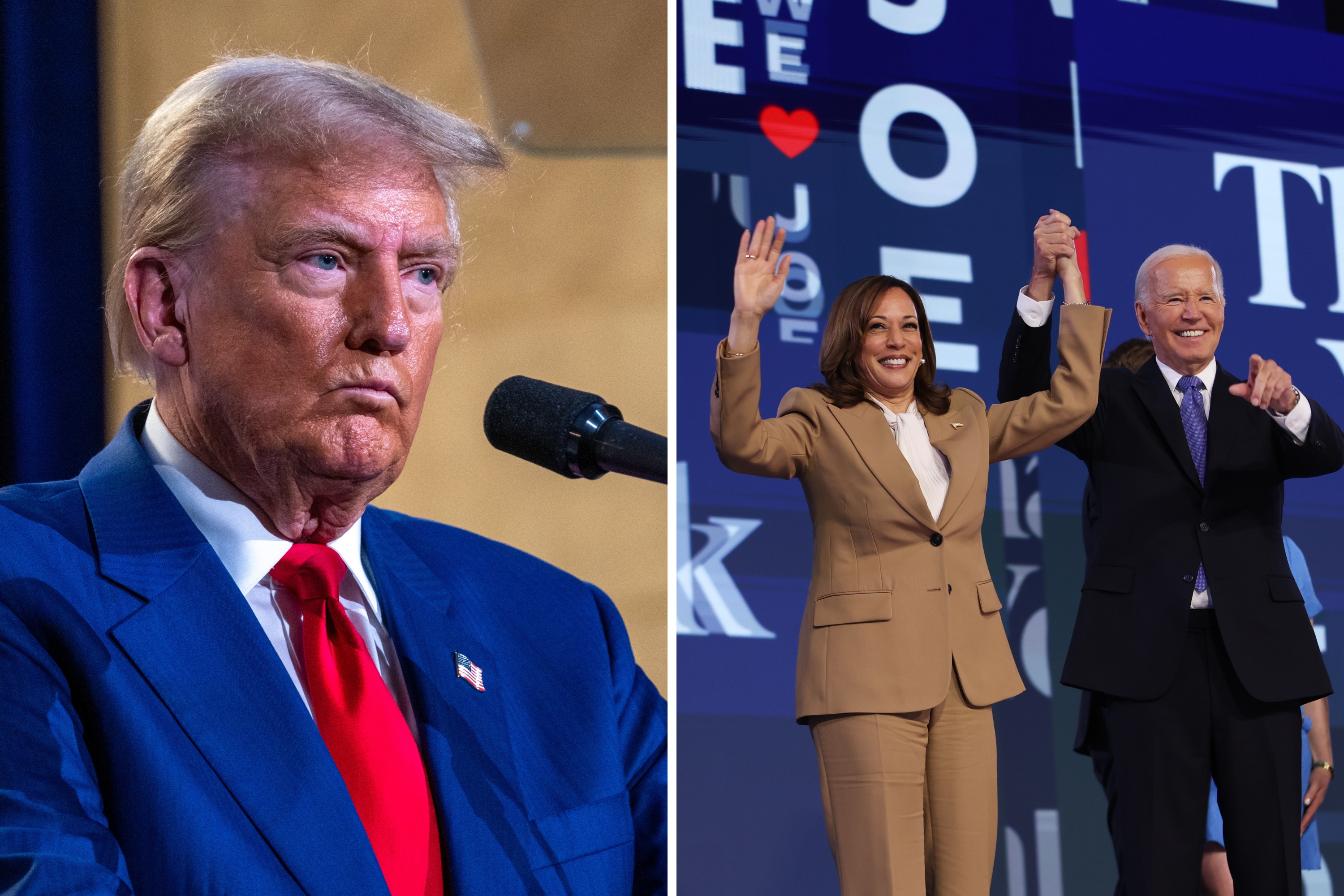In breaking news, President Joe Biden has introduced a bold plan to reform the Supreme Court, a move that comes as several justices, including Clarence Thomas, face ethical scandals. With Justice Thomas accepting lavish gifts from wealthy benefactors and displaying questionable allegiances—such as flying a “Stop the Steal” flag—Biden’s proposal arrives at a critical time for the judiciary. These justices have been accused of eroding trust in the Supreme Court, and Biden’s reforms aim to address the growing perception that the court is no longer an impartial institution but is helping drive America toward authoritarianism, especially with rulings like the recent decision on presidential immunity.

Biden’s plan, outlined in a *Washington Post* op-ed, seeks to restore faith in the judiciary by addressing the Supreme Court’s recent controversies. His proposal comes as Donald Trump’s influence on the court continues to grow, with Trump’s appointees pushing rulings that favor a powerful executive branch. The recent Supreme Court decision granting near-total immunity to presidents for crimes committed while in office has raised alarms about unchecked executive power. Coupled with rulings that overturned precedents like *Roe v. Wade* and limited the regulatory powers of federal agencies, the court’s direction has increasingly worried many Americans.
In his op-ed, Biden draws on his decades of experience in government to emphasize that no one is above the law—not the president, not Supreme Court justices. He highlights the dangers of the court’s recent immunity ruling, which he says could shield a future president from legal consequences even for inciting a violent insurrection, as was seen on January 6. Biden argues that the court’s actions are not only dangerous but undermine the public’s confidence in its decisions, especially when justices like Clarence Thomas are embroiled in scandals involving undisclosed gifts from individuals with vested interests in cases before the court.
Biden’s response to this judicial crisis is a set of three major reforms. The first is a constitutional amendment, which Biden calls the “No One Is Above the Law Amendment.” This would make it clear that presidents can be prosecuted for crimes committed while in office, closing a dangerous loophole that the current Supreme Court ruling has created. Biden argues that the presidency is not a kingship, and the president must be subject to the same laws as any other citizen. This proposed amendment is a direct challenge to the growing idea of an all-powerful executive, an idea that Trump’s presidency promoted and that the current court seems to support.
The second reform Biden calls for is term limits for Supreme Court justices. The United States is one of the few democracies that allows lifetime appointments to its highest court, and Biden argues that this system is outdated and harmful. His plan would impose 18-year term limits for justices, with a new justice appointed every two years. This system would ensure regular turnover in the court and prevent any one president, like Trump, from drastically reshaping the judiciary for generations. Biden’s proposal is a direct response to the disproportionate influence Trump’s three appointees now wield, which has led to a court that many view as far out of step with the majority of Americans.
Finally, Biden advocates for a binding code of ethics for the Supreme Court. Currently, the court operates under a voluntary ethics code, which has proven ineffective in curbing misconduct. Biden’s reform would require justices to disclose gifts, recuse themselves from cases where conflicts of interest exist, and refrain from engaging in overtly political activities. This proposal targets justices like Clarence Thomas and Samuel Alito, whose actions have raised serious ethical concerns. Biden’s call for an enforceable code of conduct aligns the Supreme Court with lower federal courts, which are already bound by such codes.

Biden’s proposals are a sharp contrast to Donald Trump’s approach to governance. While Biden is focused on strengthening democratic institutions and ensuring accountability, Trump’s presidency was marked by efforts to weaken those same institutions. Trump’s influence on the court has led to decisions that embolden executive overreach, and his continued support for Project 2025—a plan that would centralize even more power in the presidency—represents a further threat to the checks and balances that safeguard American democracy.
One of the key differences between Biden and Trump is their approach to problem-solving. Biden, as evidenced by his op-ed, is focused on concrete solutions to the issues facing the judiciary. His call for reforms is backed by a majority of Americans and constitutional scholars. In contrast, Trump has often sought to exploit the system for personal gain, such as his efforts to overturn the results of the 2020 election. Biden’s proposals aim to prevent such abuses in the future by reinforcing the legal boundaries that apply to all public officials, including the president.
While Biden’s proposals are ambitious, they face significant political challenges. Amending the Constitution, for example, requires a supermajority in Congress, which may be difficult to achieve in today’s polarized political climate. Nonetheless, Biden’s plan is a crucial first step toward addressing the systemic issues that have plagued the Supreme Court in recent years. His reforms would restore public trust in the judiciary by ensuring that no one, not even a president or a Supreme Court justice, is above the law.
Biden’s focus on institutional reform, particularly as he nears the end of his presidency, demonstrates his commitment to leaving a legacy of stronger democratic institutions. As the 2024 election approaches, his proposals serve as a reminder that the future of American democracy depends not just on the outcome of the next election but also on the integrity of the institutions that uphold the rule of law.
In a time when many Americans feel disillusioned by the actions of the Supreme Court, Biden’s plan offers a path forward. His reforms would ensure accountability at the highest levels of government and protect the principles of democracy that have guided the United States for more than two centuries. Whether or not these proposals come to fruition, Biden’s commitment to strengthening the rule of law will be a defining aspect of his presidency.



